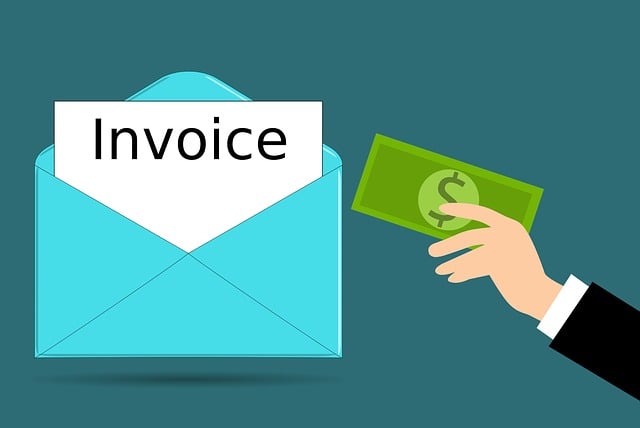Invoice factoring is a powerful solution for businesses aiming to improve cash flow, receive fast invoice funding, manage liquidity and explore receivables financing. By selling invoices to a factor, companies gain immediate quick access cash to cover expenses or fuel growth, bypassing typical loan approval times and costs. This flexible method is ideal for SMEs with strong receivables but limited bank credit options, providing an efficient way to enhance financial flexibility during slow collection periods or high customer turnover.
In today’s dynamic business landscape, efficient cash flow management is crucial for survival and growth. Leverage invoices as a powerful tool for fast funding with invoice factoring. This innovative financing solution offers improve cash flow and manage business liquidity effectively, transforming receivables into immediate quick access cash. By understanding invoice factoring benefits and its various applications, businesses can navigate challenges, enhance financial flexibility, and seize opportunities. Dive into this comprehensive guide to unlock the secrets of receivables financing and revolutionize your funding strategy.
- Understanding Invoice Factoring and Its Advantages
- – Definition of invoice factoring
- – How invoice factoring works
- – Benefits of invoice factoring for businesses
Understanding Invoice Factoring and Its Advantages

Invoice factoring is a powerful financial tool that offers numerous advantages for businesses seeking to improve their cash flow and manage liquidity. By leveraging invoices as collateral, businesses can access fast invoice funding, providing them with quick access to much-needed cash. This financing option is particularly beneficial for companies with outstanding accounts receivable, as it allows them to transform these pending payments into immediate capital.
One of the key invoice factoring benefits is its ability to streamline the payment process and enhance cash flow management. Instead of waiting for customers to settle their invoices, businesses can receive a significant portion of the total amount upfront, enabling them to cover expenses, invest in growth opportunities, or simply maintain financial stability. This method provides an efficient solution for managing business liquidity, especially during periods of slow payment collection or high customer turnover.
– Definition of invoice factoring

Invoice factoring is a financial strategy that enables businesses to turn their outstanding invoices into immediate cash. Instead of waiting for customers to settle their debts, companies can sell these invoices to a third-party factor at a discount. This process provides fast invoice funding, allowing businesses to improve cash flow and manage their liquidity more effectively. It’s particularly beneficial for small and medium-sized enterprises (SMEs) that often struggle with slow-paying clients or seasonal fluctuations in revenue.
The benefits of invoice factoring extend beyond quick access to cash. It also serves as a form of receivables financing, helping businesses avoid the need for loans or credit lines. By focusing on accounts receivable, factoring can be a more straightforward and efficient way to manage business finances. This approach not only streamlines cash flow but also reduces administrative burdens associated with managing traditional bank loans.
– How invoice factoring works

Invoice factoring is a financial solution that allows businesses to turn their outstanding invoices into immediate cash. Here’s how it works: a company sells its accounts receivable (invoices) to a third-party factor, who then collects the payments from the customers directly. This process provides businesses with quick access to cash, helping them improve cash flow and manage business liquidity.
One of the key benefits of invoice factoring is fast invoice funding. Unlike traditional loans that can take weeks or even months for approval and processing, factoring offers a faster alternative. It’s particularly useful for small and medium-sized enterprises (SMEs) with limited access to bank credit but strong receivables. By leveraging their invoices, businesses can secure the capital they need without sacrificing ownership of their accounts receivable or incurring long-term debt obligations.
– Benefits of invoice factoring for businesses

Invoice factoring offers businesses a powerful tool to boost their financial health and sustain growth. One of the key advantages is its ability to improve cash flow. By converting outstanding invoices into immediate funding, businesses can access quick access cash, enabling them to meet short-term financial obligations and invest in expansion opportunities. This fast invoice funding is particularly beneficial for companies with uneven cash flow cycles or those requiring rapid capital infusions.
Additionally, invoice factoring provides a flexible solution for managing business liquidity. It allows businesses to free up funds tied up in accounts receivable, enhancing their overall financial flexibility. The receivables financing offered through factoring can help businesses avoid the delays and costs associated with traditional loan applications, making it an efficient and convenient option for funding needs.






